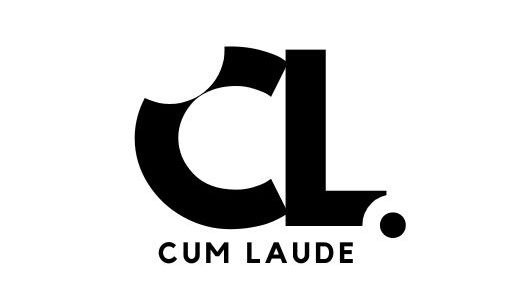What is a Bespoke CDO?
A bespoke CDO is structured around the pooling of income-generating assets such as mortgages, bonds, and loans. In some cases, it may also involve credit default swaps (CDS) in synthetic CDOs. This pooling allows for the creation of a diversified portfolio that can be tailored to meet the specific requirements of an investor.
- Understanding Bank Ratings: A Guide to Financial Stability and Risk Assessment
- Understanding Capital Accounts: A Comprehensive Guide to Corporate and National Financial Health
- Understanding the 183-Day Rule: How It Impacts Your Tax Residency and Financial Obligations
- Unlocking the Backbone of Finance: The Crucial Role of Back Office in Investment Banking
- Maximize Your Financial Growth: How to Choose the Right Investment Agent
One of the key features of bespoke CDOs is their high degree of customization. Investors can work closely with dealers to specify their risk tolerance, investment goals, and desired exposure. This collaborative process ensures that the CDO aligns perfectly with the investor’s strategy.
Bạn đang xem: Unlocking Bespoke CDOs: Customized Investment Strategies for Sophisticated Investors
The tranche structure of a bespoke CDO is another critical aspect. Typically, the investor group buys a single tranche, while the dealer retains the remaining tranches. The dealer often hedges against potential losses using credit derivatives, which helps manage risk.
Benefits of Bespoke CDOs
Bespoke CDOs offer several compelling benefits for sophisticated investors.
Flexibility and Customization
One of the most significant advantages is the flexibility and customization that bespoke CDOs provide. Investors can target specific risk-to-return profiles and investment strategies that are not possible with standard financial products.
Risk Management
Xem thêm : How to Calculate and Optimize the Cash Conversion Cycle (CCC) for Improved Financial Efficiency
Effective risk management is another key benefit. By allowing investors to choose specific assets and avoid risky ones, bespoke CDOs enable a more controlled approach to investing. Diversified portfolios and hedging strategies further enhance this risk management capability.
Diversification
The potential for diversification is also a major advantage. By pooling a diverse set of debt instruments, bespoke CDOs reduce the impact of individual defaults or credit events, making them more resilient.
Higher Yields
For investors willing to take on higher credit risk, particularly in the equity tranches, bespoke CDOs can offer higher yields compared to more conservative investments.
Risks and Challenges
While bespoke CDOs offer numerous benefits, they also come with several risks and challenges.
Regulatory Concerns
One significant issue is the regulatory concerns associated with bespoke CDOs. These instruments are often unregulated or lightly regulated, which can lead to overvaluation and other market abuses.
High Risk and Complexity
The high risk due to the complexity of underlying assets is another challenge. Pricing transparency can be difficult, making it hard for investors to accurately assess the value of their investment.
Limited Liquidity
Xem thêm : Understanding ‘At Par’ in Finance: What It Means and How It Impacts Your Investments
Bespoke CDOs often suffer from limited liquidity. The secondary market for these instruments is typically small, and daily pricing can be challenging, making them illiquid compared to other financial products.
Real-World Examples and Market Trends
To understand the practical application of bespoke CDOs, let’s look at some real-world examples.
Citigroup Example
Citigroup, one of the major financial institutions, has been significantly involved in bespoke CDOs. They have made efforts to enhance transparency in the market by providing more detailed information about the underlying assets and risk profiles.
Market Size and Trends
Historically, the market for bespoke CDOs experienced rapid growth in the early 2000s but saw a significant decline post-2007 financial crisis. However, there has been a gradual resurgence as investors seek more customized investment solutions.
Frequently Asked Questions
Suitability for Investors
Bespoke CDOs are generally more suitable for institutional investors rather than individual investors due to their complexity and high risk profile. Institutional investors typically have the resources and expertise necessary to navigate these complex financial instruments.
Common Misconceptions
One common misconception about bespoke CDOs is that they are inherently risky or opaque. While it is true that they involve complex structures and high risks, modern bespoke CDOs are designed with greater transparency and customization in mind, making them a viable option for sophisticated investors seeking tailored investment strategies.
Nguồn: https://cumlaude.fun
Danh mục: Blog






